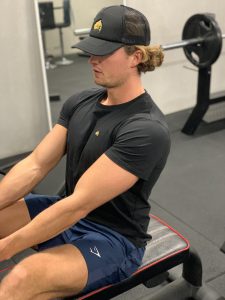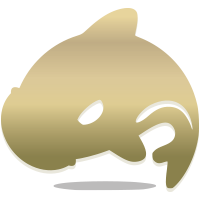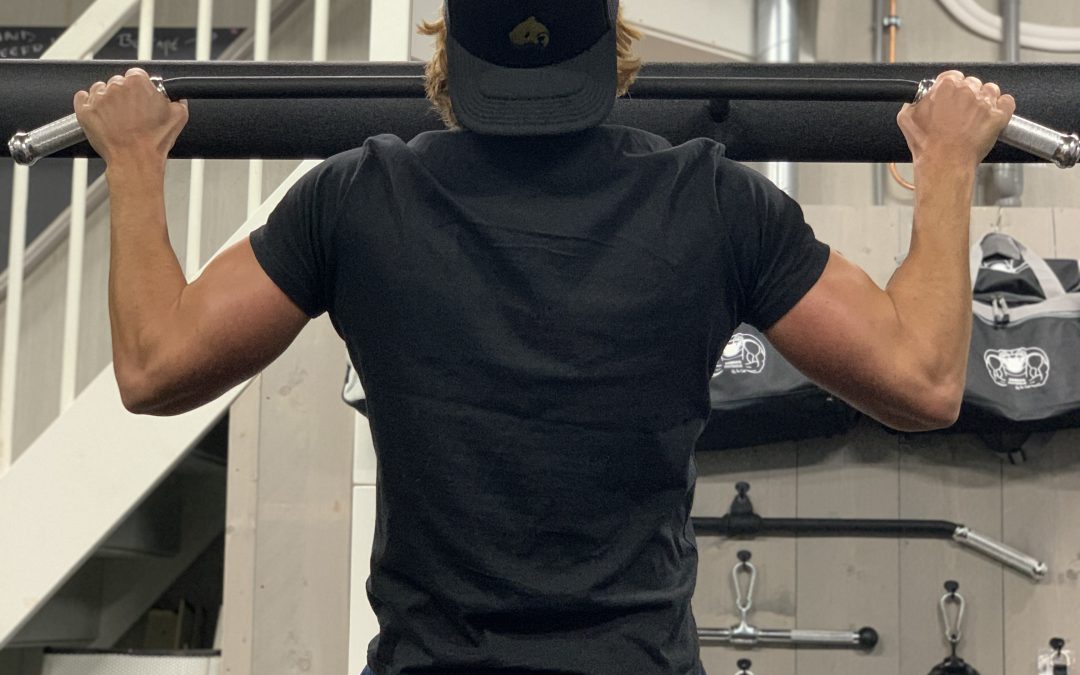Getting physically ready for the hockey season takes a combination of strength training, cardio, and sport-specific skill work. Here is a general outline of steps you can take to get ready for the season. Remember: this is not fun but it sure works if you want to be a good player!
Building a Strong Foundation during pre hockey season
 Build a solid strength training foundation: Focus on exercises that target the major muscle groups used in hockey, suchas the legs, core, and upper body. Exercises like squats, lunges, deadlifts, and rows will help build the strength you need for the season.
Build a solid strength training foundation: Focus on exercises that target the major muscle groups used in hockey, suchas the legs, core, and upper body. Exercises like squats, lunges, deadlifts, and rows will help build the strength you need for the season.- Gradual Progression: To avoid injuries, it is important to gradually build up your physical activity in the preseason. Start with lower intensity exercises and gradually increase the volume, frequency, and intensity over time. You should also take time to recover properly between workouts and pay attention to your body’s warning signs of fatigue or injury.
- Nutritional and rest aspect: Proper nutrition and rest is important to fuel your body and help it recover from the demands of training. Make sure you’re getting enough calories, protein, and essential nutrients to support your training, as well as adequate sleep and recovery time. It’s also important to stay well-hydrated, especially as the temperature rises during the summer months.
Improving Cardiovascular Fitness
- Improve your cardiovascular fitness: Hockey is a high-intensity sport that requires a lot of energy. To prepare for the demands of the game, you should do cardio workouts that mimic the intensity and duration of a hockey game. This could include interval training in a hockey field or park. You can also start by taking short, high intensity runs. Don´t forget to log your progress this pre hockey season!
Working on Sport-Specific Skills
- Work on your sport-specific coordination: In addition to strength and cardio training, you should also work on your coordination. This will help you get into game shape and be ready to play when the season starts. It also helps build your reflexes and get your body moving in a ball oriented movement pattern. You can do this by playing Padel, Racketball or football. It is also a lot of fun!
It’s essential to seek guidance and advice from qualified coaches and trainers. These recommendations are general and may not be suited for individual athletes based on their current fitness levels and medical conditions. If you really want to get serious, get help from a personal trainer and get a good meal plan! Good luck this pre hockey season!

